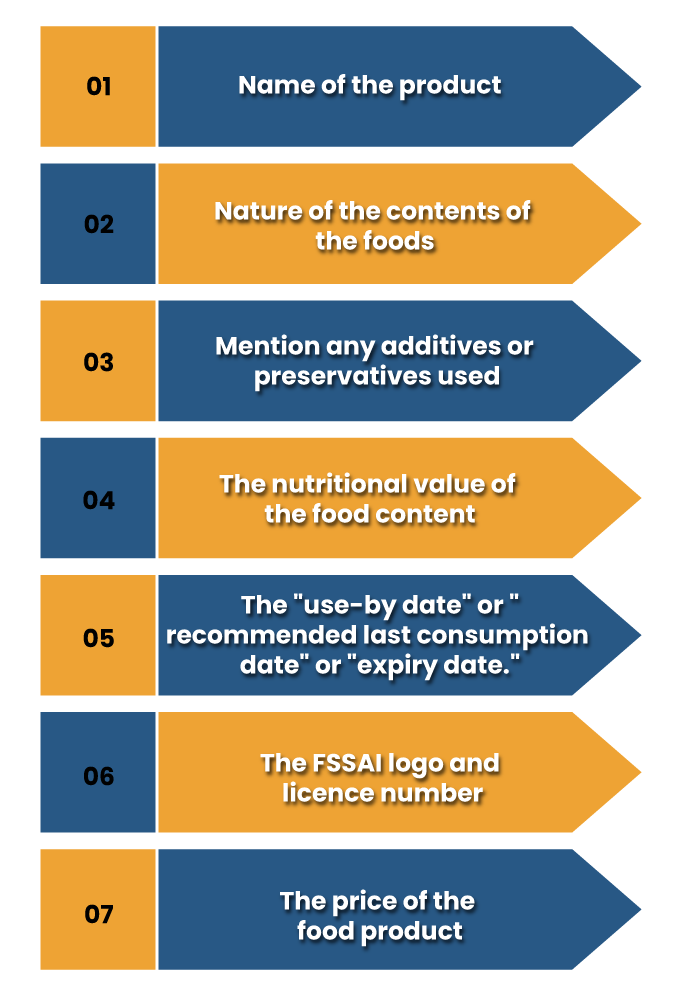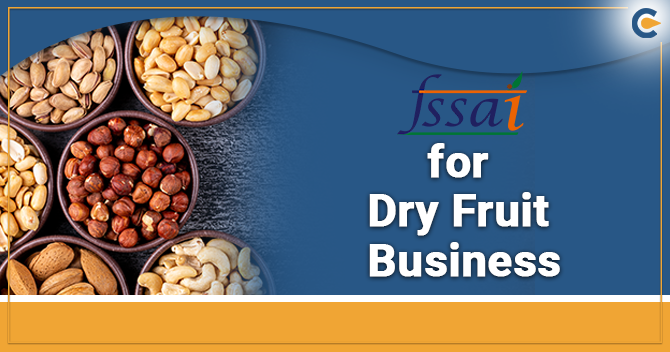Consumer awareness about dry fruit’s health benefits has led to increased demand for dry fruit business. Not only is there a growing demand for standalone food, but food manufacturers are enhancing an appeal of the premium food products by using dried fruits as the ingredients.
FBOs in the dried food sector is responsible for ensuring that they have taken the right steps in the dried food processing plants to ensure that they provide healthy and wholesome dried fruits.
Importance of Dry Fruit Business
Dry fruits are immensely popular around world for the health benefits they offer. Most of these fruits are high in nutrients, such as minerals and antioxidants. Doctors around the world are requesting people to consume some dry fruits daily. Hence, starting the dry fruit business can be an excellent and viable business choice now.
The Food category system has been defined in the Food Safety & Standards (Food Products Standards & Food Additives) Amendment Regulations, 2016. Dried fruit and nuts come under the category of processed foods. The FSSAI has defined dried fruits and nuts as products from which water is removed to prevent microbial growth, including dried fruit leathers (fruit rolls) prepared by drying fruit purees. Such as cashew nut, raisins, almond, dried apple slices, figs, copra (dried coconut cut or whole), dried shredded or flaked coconut, dehydrated fruits, prunes, etc.
In Food Safety & Standards (Food Products Standards & Food Additives) Regulations, 2011[1], dried fruits are described as products obtained by drying, fruits, and nuts of proper maturity. The product can be with or without stalks, shelled or unshelled, pitted or unpitted, or pressed into blocks.
Conditions that FBOs has to Ensure about Dried Fruits and Nuts
- It must free from mold, living / dead insects, insect fragments, and rodent contamination.
- It must free from extraneous matter like stalks, pieces of shells, pits, fiber, peel.
- It should have a uniform color, pleasant taste, and flavor characteristic of the fruit/nut.
- It must free from flavor, mustiness, rancidity, and evidence of fermentation.
- It must free from added coloring.
- Stored it appropriately to prevent contamination and growth of toxic microorganisms
- Free from blemishes, discolored and damaged nuts (caused by sunburn, scars, mechanical injury discoloration, and insects) must be removed to prevent contamination.
What do you mean by Dry Fruits and Nuts?
Dry Fruits and Nuts are the products obtained by drying the fruits or nuts in their proper maturity form. The product can be with or without stalks, shelled or unshelled, pitted or unpitted, or pressed into blocks.
The product must be free from mold, living /dead insects, insect fragments, and rodent contamination. The product must be uniform in color with a pleasant taste and flavor characteristic of the fruit/ nut-free from off-flavor, mustiness, rancidity, and fermentation evidence. The product must be free from added coloring.
The product must conform to the following requirements:
| Extraneous Vegetable matter (m/m) | Not more than 1.0 % |
| Damaged and Discoloured units (m/m) | Not more than 2.0 % |
| The acidity of the extracted fat expressed as oleic Acid | Not more than 1.25 % |
Why does the Dry Fruit Business require an FSSAI License?
The Food Safety & Standards Authority of India, known as the FSSAI, serves as an autonomous body that regulates a sale of food items in India.
Established as the Ministry of Health & Family Welfare subsidiary, FSSAI ensures that all food items sold in India are safe and hygienic. The organization works to implement and monitor the sale of eatables in India. The FSSAI lays down guidelines and standards for the sale of such items. It helps in preventing a sale of sub-standard food items and prevents food adulteration, contamination.
The FSSAI registration serves to assure clients that the food you serve is nutritious, healthy, and safe to consume. The body regularly inspects and performs quality checks to ensure that food businesses follow stringent safety guidelines. Everything from the handling of a food item to its packaging comes under scrutiny from the FSSAI.
All food-related businesses, from restaurants to grocery shops and dairy farms, need to obtain the appropriate FSSAI license to operate in India. Not only does it improve the quality of products sold in the country, but it also ensures food safety and security.
Why the FBOs need to ensure Hygienic Practices?
Contamination can occur at any stage during processing, handling, storage, and distribution, so FBOs must follow good hygiene practices in accordance with the Schedule 4 of FSS Act, 2006. The fact that FBOs are operating as FSSAI licensed processors serve as an insurance of their intent to follow all FSSAI guidelines for running their dried food business.
However, acceptable hygiene practices entail FBOs ensure-
- Raw fruits used for preparing the dried fruits are free to form chemicals, pesticides, and enteric pathogens.
- Hygiene and sanitation practices are maintained throughout this process.
- Only potable water has to be used during processing to prevent microbial contamination.
- Any desiccation during processing has to be carried out with proper equipment that is sanitized after use.
- To maintain specified thermal conditions, the fruits gets dehydrated correctly in order to maintain shelf life.
Packaging & Labelling Requirements
Dried fruits are prone to contamination if they come in contact with moisture, so proper packaging protocols must be followed to ensure food safety.
- The use of food-grade packaging is important as dried fruits come in direct contact with the packaging. Packaging has to be safe and not cause chemical contamination. They will be able to keep moisture out of the packaging.
- FBOs need to keep in mind that certain dried fruits and nuts, especially peanuts, can cause allergic reactions. Therefore, it is essential to mention all the contents in the packet that contains mixed dried fruit.
Safety and Standards (Packaging & Labelling) Regulations, 2011
The Safety and Standards (Packaging & Labelling) Regulations, 2011, following must be displayed on labels, which are as follows:-


Safety Limits of Insecticides in Dry Fruits and Nuts
The raw fruits and nuts are cultivated for the human consumption, so it is possible that they are subject to treatment by insecticides. Dried foods can be regularly tested for chemical and microbial contamination in a NABL certified laboratory. FSSAI has fixed an upper tolerance limit of the number of insecticides with relevance to dry fruits and nuts.
Conclusion
The fact is that dried fruits have an appealing taste, are highly nutritious, and may be stored for the long time because of their commercial production. Today, India’s dried fruit market is a new one, but it is only recently that the dry fruit business and nuts industry has been growing swiftly. According to the market reports, the Indian dried fruit industry is likely to grow to Rs.30 000 crores by the end of 2020. Therefore the dried food processors, importers, and marketers must be well prepared to handle the anticipated growth.
Read our article: FSSAI Restrain Licensing Authorities from Demanding Immaterial Documents from FBOs











